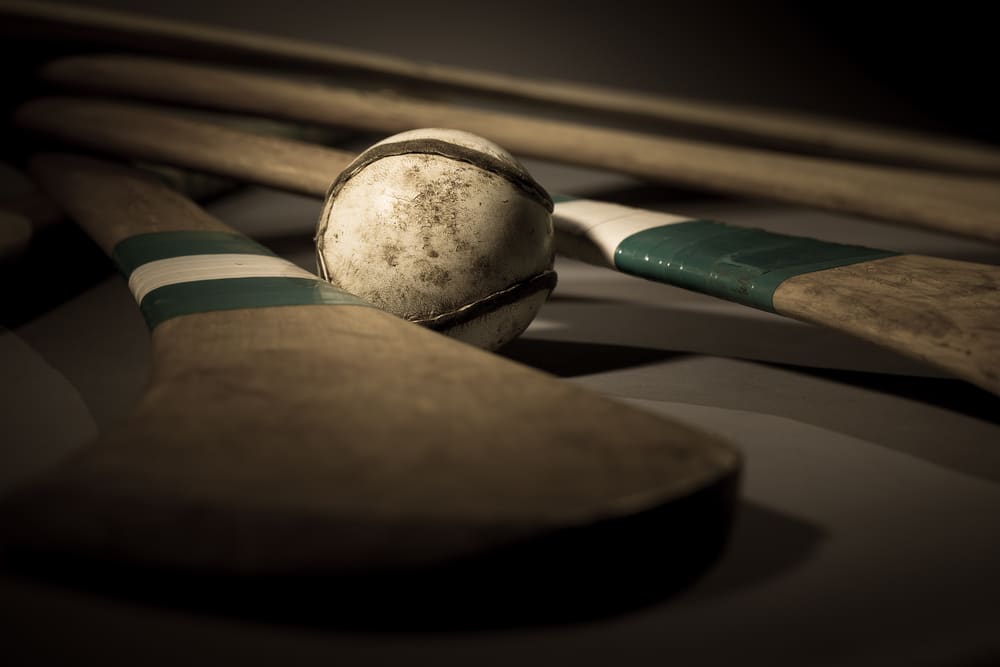The number of sports scholarships is increasing steadily in higher education institutions throughout Ireland. School leavers who excel at sport (avid Sky Sports viewers and tiddlywinks champs not included) and wish to continue training and playing at a serious level during their third level education have many options to consider when making their CAO application.
All institutes of technology and universities now provide a form of sports scholarship. Student support services available to scholars vary widely – some institutions provide a bursary (financial support) alone, while other scholarships include supports such as accommodation, travel costs, personal coaching, nutritional advice and physiological assessment, as well as the money. Prospective students are well advised to contact the respective sports departments of the institutions that interest them, and inquire as to what exactly is provided to the student through the scholarship. Application for most scholarships is done after the student has landed a place in the college through the standard CAO process.
Increasingly however, in a reflection of the growing regard for sporting success in Irish higher education, in limited cases students are not assessed solely by their CAO points tally alone, but by sporting achievement also in applying for a scholarship. NUI Maynooth, DCU (Elite Sportspersons Entry Scheme), UCD (for the Sports Management Diploma only) and the Waterford Institute of Technology are four institutions that offer limited places in this concessionary manner to the most talented athletes. The Elite Sportsperson’s Entry Scheme in DCU offers a number of scholarships, valued at up to €10, 000 each, to parties who are interested in any DCU undergraduate course. This direct entry programme (i. e. outside the CAO process) is designed to cater for top athletes whose CAO points tally may have suffered due to intense training commitments.
Traditionally, the most gifted Irish sportspeople, such as former world champion runner Eamonn Coghlan and Olympic gold medallist Ronnie Delaney, had to travel to American colleges to avail of a scholarship. With Irish colleges at last coming round to the idea that investment in sport is a win-win situation – excellent publicity for the institution and greater sports facilities for the student population – Irish athletes need no longer cross the Atlantic in such numbers. They can pursue their sporting dreams and simultaneously attain qualifications for a career (inside or outside the realm of sport and fitness) in an Irish setting.
Case Study
Diarmuid Fitzgerald has been a regular for the Tipperary senior hurling team since 2004. A pupil of gaelscoil Coláiste Phobail Ros Cré, Diarmuid enrolled in a physiotherapy degree in UCD in 2001, and is halfway through a PhD that he began after graduating in 2005. He discovered the sports scholarship option on the UCD website and applied online.
Unfortunately Diarmuid failed in the first year of his degree to get in, but was granted a scholarship in second year, and has been a hurling scholar ever since. The scholarship has been a “great boost” to his hurling career, reflected by the fact he was awarded a Munster All-Star in 2005. “The standard of training is very good. There are great facilities here and they’re improving the whole time – even at the moment UCD are building a full-size astro pitch (an all-weather synthetic surface) and that will be fantastic for winter training, ” says Diarmuid. Occasionally however, he has found it difficult to fit in both educational and sporting activities. Diarmuid has missed practicals due to playing away matches in places such as Galway, and he and his fellow scholars feel the pressure from their respective dept heads; “Some departments come down fairly firmly on this, in that you can’t miss practicals full-stop, but I think the relationship is starting to improve. ”Ultimately, the intensive training is a boon to the academic work – “the sport and training is great for getting a break from studying the books, it’s brilliant to let off a bit of steam when you’re studying like mad!”
Indeed, most sporting scholars tend to more than make up for the odd missed class by succeeding academically also. It is well-known in educational circles that the average athlete’s skillset of self-discipline, strong time management and a hunger to succeed are all very useful when it comes to the course work. Diarmuid’s pursuit of a PhD is a good indicator of this trend. The sports scholarship allows top athletes to maintain a strong commitment to their sport during their stint in higher education. ”Any of the lads – I’d be friendly with them still – the likes of Stephen Lucey in Limerick, Brendan Murphy in Offaly, these guys who have been through the scholarship system are all still playing at a very high level. I’m sure the rugby, football and athletics people are like that as well. The scholarship has allowed us to train as is required I suppose, in that, some people who are not on the scholarship scheme have to get a part-time job, they’re under pressure for time. That’s the big thing the scholarship allows you – all the time to train that you need. ”












Comments